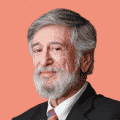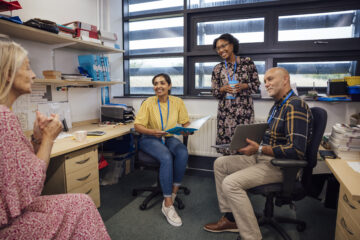Cross-posted at Education Week.
This week marked the official launch of Empowered Educators, a landmark study commissioned by NCEE’s Center on International Education Benchmarking and conducted by an international team headed by Linda Darling-Hammond. This international comparative study documents and analyzes what can only be described as a fundamental shift in the way teachers are viewed by the countries that now have the highest-performing education systems in the world, a shift from the mass production industrial model pioneered a century ago by the United States to a very different model based on the way high-status professionals are treated in the most advanced economies in the world.
I’ve given you some sense of the contents of this study in this space before, but those previous descriptions do not fully convey the rich and powerful findings and insights produced by Linda and her team. I strongly encourage you to dive into the newly released policy and country briefs, the cross-country analysis and the trove of digital resources including audio and video interviews, original documents and tools from the places that the team studied that are now available on the NCEE website.
To launch the study, NCEE convened a national meeting in Washington, D.C. this week. The event featured presentations on the report’s findings and discussion by Linda and members of her research team, as well as reactions and debate from leading voices in education including the NEA’s Lily Eskelsen Garcia, the OECD’s Andreas Schleicher, National Board for Professional Teaching Standards President Peggy Brookins, Bank Street College of Education President Shael Polakow-Suransky and Iowa Department of Education Director Ryan Wise. The discussion was lively and penetrating, touching on, among many other things, why the United States, once a pioneer in this arena, has fallen so far behind, what it would take to implement these models in our country and where the money would come from to do it.
Watch the full event for yourself below. You will walk away with fresh perspectives, new questions and a greater understanding of not only why it is so important to strengthen and support the profession of teaching in the United States, but how we can do it in a very practical way.






